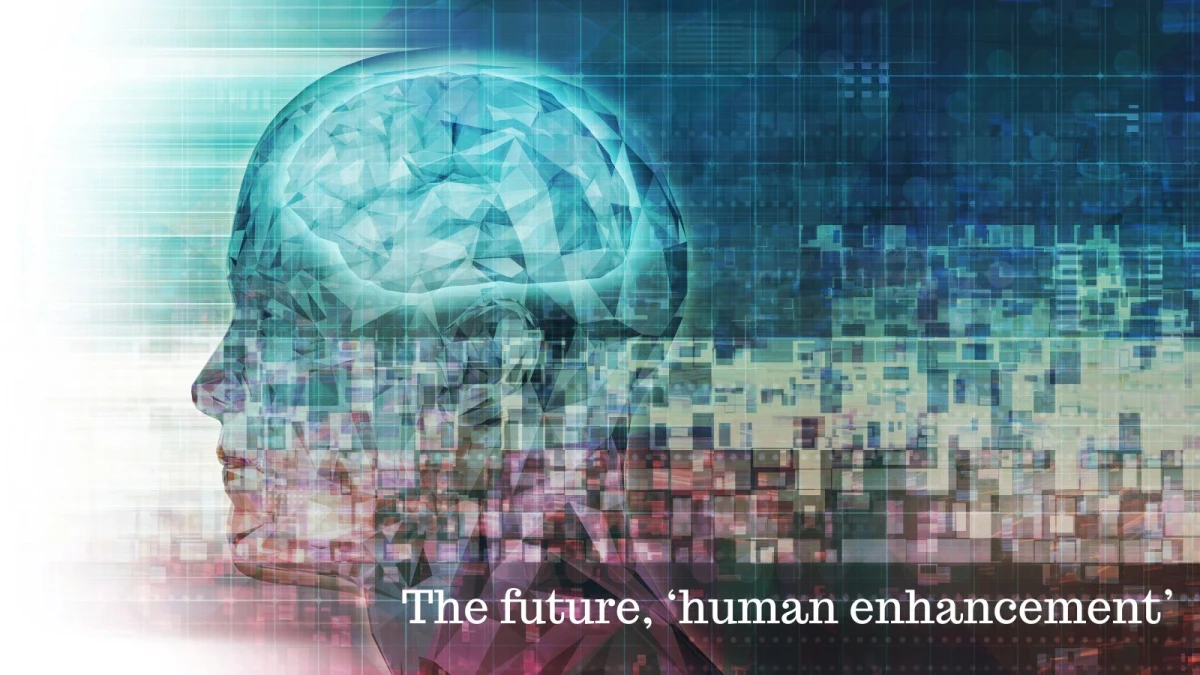
In 2120 the human brain is integrated with a CPU, let’s start to secure IT
Article prof. dr. Barry Derksen
At the end of January 2024, Neuralink (company of tech millionaire Elon Musk) implanted a brain chip in a man who had been paralyzed from the shoulders down for eight years at the time. Among other things, the man can now play chess (online) by controlling the cursor with his thoughts[1].
Apart from the fact that this is fantastic news for Noland Arbaugh (the person in question), it also raises a lot of questions. These concern politics, health and social issues, but also come up in our professional field. In the future, ‘human enhancement’ will also mean a lot for security, risks and privacy. After all, if people are ‘humanly enhanced’, they may also be ‘hacked’, read out for privacy-sensitive data and, going even further, remotely controlled.
The dilemma is, that it is quite predictable that by 2120 a large part of the population will make use of this ‘human enhancement’. In my opinion, there are three main reasons for this[2]:
- Health, such a Central Processing Unit (CPU) can also monitor your health and signal in time that something needs to be done (e.g. predict earlier that a cardiac arrest is coming).
- Safety, an environmentally sensitive CPU (of course in connection with sensors and ‘the cloud’) can indicate in time whether an environment is risky or not so that you can respond to it.
- Competition, if a colleague is much faster, smarter and more productive than you by using such a CPU, then the natural tendency is to at least get to the same level of play.


